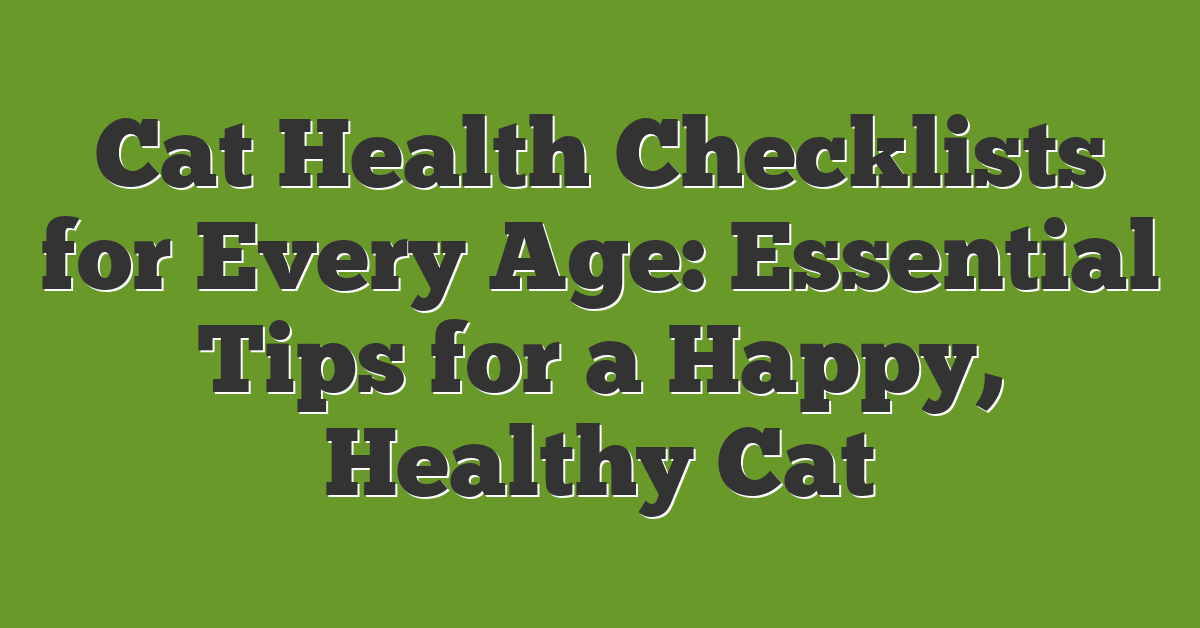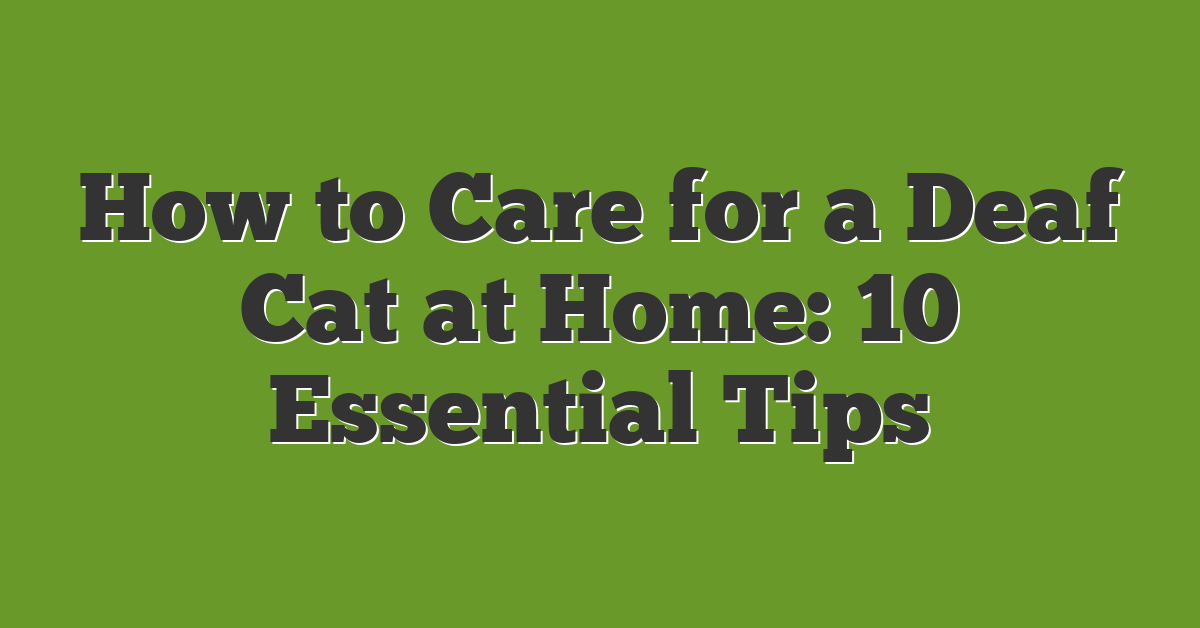Taking care of your feline friend means making important health decisions, and vaccinations play a key role. But have you ever wondered if more is always better? Over-vaccinating your cat can lead to unexpected risks that might affect their well-being.

While vaccines protect against serious diseases, giving shots too frequently can stress your cat’s immune system. You might think more immunity is better, but balance is essential. Let’s explore how you can keep your cat safe without overdoing it on vaccinations.
Understanding Cat Vaccinations
Vaccinations keep your cat healthy by protecting against serious diseases. Knowing the types helps you balance protection and safety.
Core Vaccines
Core vaccines are essential for every cat. They protect against:
- Rabies
- Feline herpesvirus
- Calicivirus
- Panleukopenia
Non-Core Vaccines
- Feline leukemia
- Bordetella
- Chlamydia
Signs of Over-Vaccination
You might notice changes in your cat after vaccinations. Recognizing these signs early can help you take action.
Physical Symptoms
Look out for these physical signs:
- Lethargy: Your cat feels unusually tired and less active.
- Swelling: Areas around the injection site may become swollen or tender.
- Fever: An elevated body temperature can indicate a reaction.
- Loss of Appetite: Your cat might eat less or refuse food altogether.
- Vomiting or Diarrhea: Digestive upset is a common post-vaccination symptom.
- Difficulty Breathing: Any breathing issues require immediate attention.
Behavioral Changes
Over-vaccination can also affect your cat’s behavior:
- Increased Irritability: Your cat may become more irritable or aggressive.
- Hiding: Look for signs of your cat wanting to hide more than usual.
- Excessive Grooming: Over-grooming can be a stress response.
- Lethargy: Beyond physical tiredness, your cat may seem mentally disengaged.
- Changes in Activity Levels: Notice if your cat is less playful or more sluggish.
Monitoring these signs helps ensure your cat stays healthy and happy after vaccinations.
Health Risks of Over-Vaccinating Cats
Over-vaccinating your cat can lead to serious health issues. Understanding these risks helps you make informed decisions about your cat’s vaccinations.
Immune System Complications
Excessive vaccinations strain your cat’s immune system. Each vaccine triggers an immune response, and too many can cause chronic inflammation. This stress may reduce your cat’s ability to fight off other infections. Additionally, repeated stimulation of the immune system increases the likelihood of adverse reactions, such as allergic responses or immune-mediated diseases.
Increased Risk of Chronic Diseases
Over-vaccination is linked to a higher chance of developing chronic illnesses. Cats may suffer from autoimmune disorders, where the immune system attacks the body’s own tissues. Conditions like arthritis, kidney disease, and thyroid problems can become more common. These chronic diseases can significantly impact your cat’s quality of life, leading to ongoing medical treatments and discomfort.
Alternative Vaccination Schedules
Finding the right vaccination schedule keeps your cat healthy without overloading its immune system. Consider options that fit your cat’s unique needs.
Tailored Vaccine Plans
Customize your cat’s vaccines based on its lifestyle and health. Indoor cats might need fewer vaccines than outdoor cats exposed to more risks. Age and medical history also play a role. For example, kittens require a series of shots, while adult cats may need boosters less frequently. Non-core vaccines are given only if your cat is at risk for specific diseases.
Consulting with Your Veterinarian
Work closely with your vet to create the best vaccination plan. Your vet assesses your cat’s health, environment, and risks before recommending vaccines. Regular check-ups help adjust the schedule as your cat ages or its circumstances change. Open communication ensures your cat stays protected without unnecessary vaccinations.
Preventing Over-Vaccination
Keep your cat healthy by avoiding too many vaccines. Use these strategies to maintain the right balance.
Regular Health Assessments
Schedule routine check-ups with your vet. These visits help monitor your cat’s overall health. During exams, vets can spot signs of over-vaccination early. Regular assessments ensure your cat’s immune system stays strong. They also allow vets to update vaccination plans based on your cat’s current needs.
Monitoring Vaccine History
Track all your cat’s vaccinations carefully. Keep a detailed record of each vaccine and the dates administered. Share this history with your vet during visits. This information helps prevent unnecessary booster shots. By monitoring vaccine history, you ensure your cat receives only the vaccines they need.
Conclusion
Balancing your cat’s vaccination schedule is key to their long-term health. By staying informed and working closely with your vet you can protect your feline friend without overwhelming their immune system. Keep an eye on any changes in behavior or health after vaccinations and don’t hesitate to reach out to your veterinarian with concerns. Maintaining detailed vaccination records helps ensure your cat receives the right shots at the right times. Your proactive approach can make all the difference in keeping your cat happy and healthy. Prioritizing their well-being through thoughtful vaccination practices shows just how much you care.










